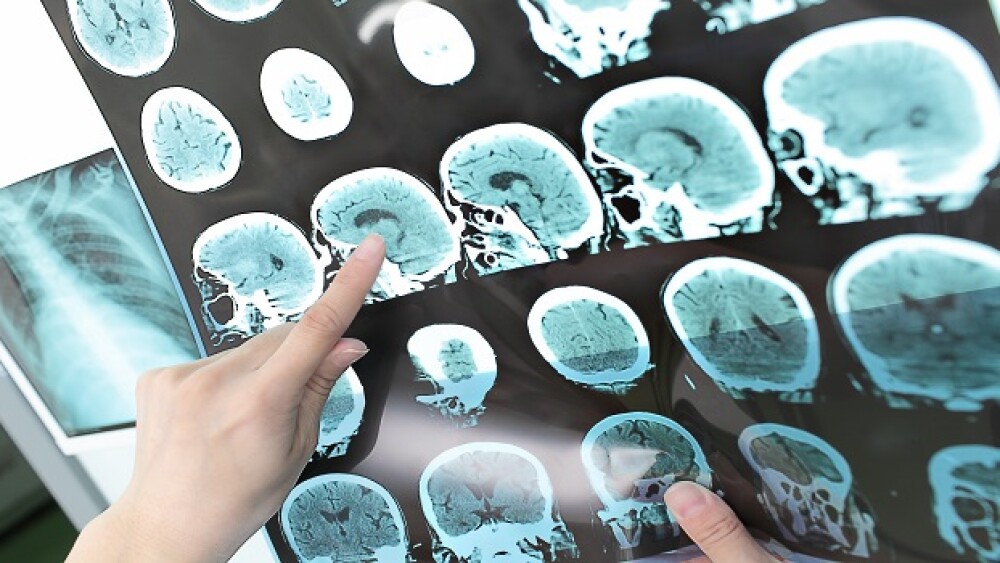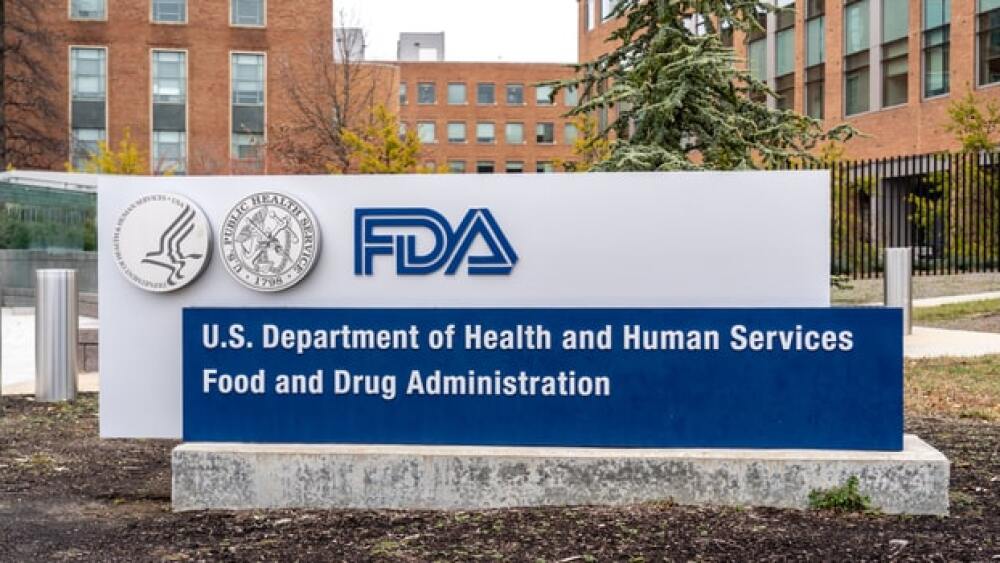New York-based TG Therapeutics announced positive topline results from two global Phase III clinical trials, ULTIMATE I and II, of ublituximab in relapsing forms of multiple sclerosis (RMS).
Ublituximab shows better results than Aubagio in phase III trial.
New York-based TG Therapeutics announced positive topline results from two global Phase III clinical trials, ULTIMATE I and II, of ublituximab in relapsing forms of multiple sclerosis (RMS). The drug was compared to Sanofi Genzyme’s Aubagio (teriflunomide). Company shares climbed 23% in premarket trading at the news.
Ublituximab is the company’s glycoengineered anti-CD20 monoclonal antibody. Both studies evaluated the safety and efficacy of a one-hour 450mg infusion of ublituximab every six months, following the Day 1 infusion of 150mg over four hours. They were conducted under Special Protocol Assessment (SPA) agreement with the U.S. Food and Drug Administration (FDA). SPA is a process where sponsor companies can ask to meet with the agency to reach an agreement on the design and size of certain clinical trials or animal studies to ensure they adequately address scientific and regulatory requirements that would support marketing approval.
TG Therapeutics plans to use the data from the ULTIMATE I and II studies to support a Biologics License Application (BLA) for ublituximab in RMS in mid-2021.
Both trials hit their primary endpoint, with ublituximab demonstrating a statistically significant decrease in annualized relapse rate (ARR) over a 96-week period. Patients receiving ublituximab demonstrated an ARR of less than 0.10 in each study, with a relative reduction in ARR of about 60% in ULTIMATE I and 50% in ULTIMATE II, over Aubagio.
“B-cell targeted therapy with anti-CD20 monoclonal antibodies has dramatically shifted the treatment paradigm for patients with MS and has shown to be very effective in reducing relapses in patients,” said Lawrence Steinman, Zimmermann Professor of Neurology & Neurological Sciences, and Pediatrics at Stanford University and Global Study Chair for the ULTIMATE I and II studies.
He added, “I am pleased to see such positive results from this important trial exploring a one-hour infusion of ublituximab every six months and believe, if approved, the unique attributes of ublituximab, particularly that it has been glycoengineered for enhanced antibody dependent cellular cytotoxicity, may offer benefits to patients in the RMS treatment paradigm. MS is a chronic demyelinating disease where having a variety of treatment options within the same class has shown to be important for patients. I look forward to the full data from the ULTIMATE studies to further understand the potential of ublituximab in MS.”
Relapsing multiple sclerosis is a chronic disease of the central nervous system and includes patients with relapsing-remitting MS (RRMS) and people with secondary progressive MS (SPMS) who continue to experience relapses. RRMS is the most common type of MS and is marked by episodes of new or worsening symptoms followed by periods of recovery. About 1 million people in the U.S. have MS and about 85% were initially diagnosed with RRMS. Most will eventually transition to SPMS, where they steadily grow worse. Globally, more than 2.3 million people have been diagnosed with MS.
“We are so pleased to share these positive topline results for our ULTIMATE MS studies,” stated Michael S. Weiss, executive chairman and chief executive officer of TG Therapeutics. “If approved, ublituximab has the potential to offer patients a one-hour infusion, which we believe will be an attractive option for many patients with MS. With more than 1 million Americans estimated to be living with MS today, there continues to be a need for efficacious and convenient treatment options.”





